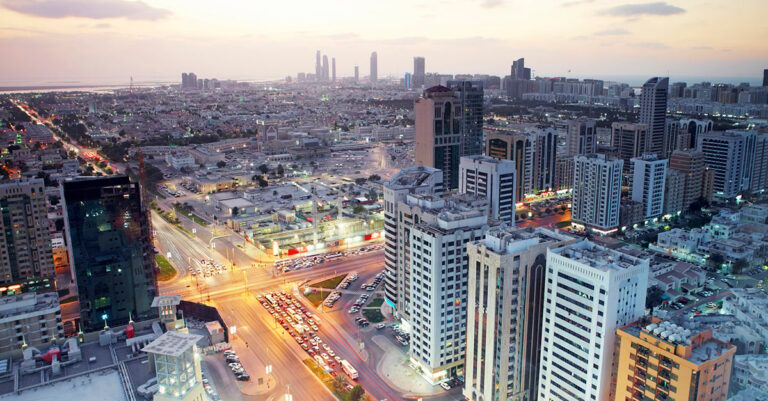Extended peak times and unlimited charges aim to ease congestion, but commuters might pay more
Motorists in Abu Dhabi are set to experience significant changes to the Darb toll system next month, as authorities announced extended operating hours and the removal of daily and monthly fee caps. The adjustments, which come into effect on September 1, 2025, are aimed at easing congestion and encouraging greater use of public transport, though they are also likely to increase costs for regular commuters.
The Integrated Transport Centre (ITC) confirmed that while the morning toll window will remain unchanged at 7am to 9am from Monday to Saturday, the evening rush-hour period will now be lengthened. Previously in effect from 5pm to 7pm, the evening tolls will be applied from 3pm until 7pm, creating a four-hour window during which motorists will be charged. This marks one of the most notable shifts since Darb’s introduction, with peak-time tolls now covering the bulk of the afternoon and early evening commute.
In addition to the extended hours, the ITC has also scrapped all existing fee caps. Until now, motorists were charged Dh4 per crossing, with charges capped at Dh16 per day and monthly ceilings set at Dh200 for the first vehicle, Dh150 for the second, and Dh100 for each additional vehicle. From September, those limits will no longer apply, meaning every crossing during toll hours will incur the Dh4 fee, regardless of how often a motorist passes through. For many daily commuters, particularly those travelling between Abu Dhabi island and the mainland, this could result in noticeably higher monthly costs.
Why the change is being implemented
The decision to lift caps and extend tolling hours has been framed as part of a broader push to manage traffic demand in the capital. By targeting peak travel times, officials hope to reduce congestion on key bridges and arterial routes, improve traffic flow, and promote greater reliance on public transport and carpooling. It also aligns with Abu Dhabi’s long-term sustainability and mobility goals, which prioritise reducing reliance on private cars in favour of greener, more efficient alternatives.
Not everything is changing, however. The Darb toll gates will still remain inactive on Sundays and public holidays, while exemptions for certain groups will continue to apply. These include People of Determination, Emirati senior citizens, retirees, and low-income Emirati families, who are able to register for toll-free travel through the Darb system.
For everyday motorists, though, the impact could be significant. A driver who previously paid no more than Dh200 per month under the capped system could now see that figure rise substantially if their commute regularly falls within the extended toll hours. While the move is expected to ease congestion in the long term, it will likely force residents to rethink commuting habits, whether by adjusting travel times, exploring public transport, or budgeting for the increased cost.
The Darb system, first launched in January 2021, has become a central feature of Abu Dhabi’s transport strategy. The latest changes underline the emirate’s commitment to reshaping mobility and traffic management in line with its rapid growth and urban development. For commuters, it signals a new era of road use, one that prioritises efficiency on the roads, but at a price.
Image: Archive
> Sign up for FREE to get exclusive updates that you are interested in

